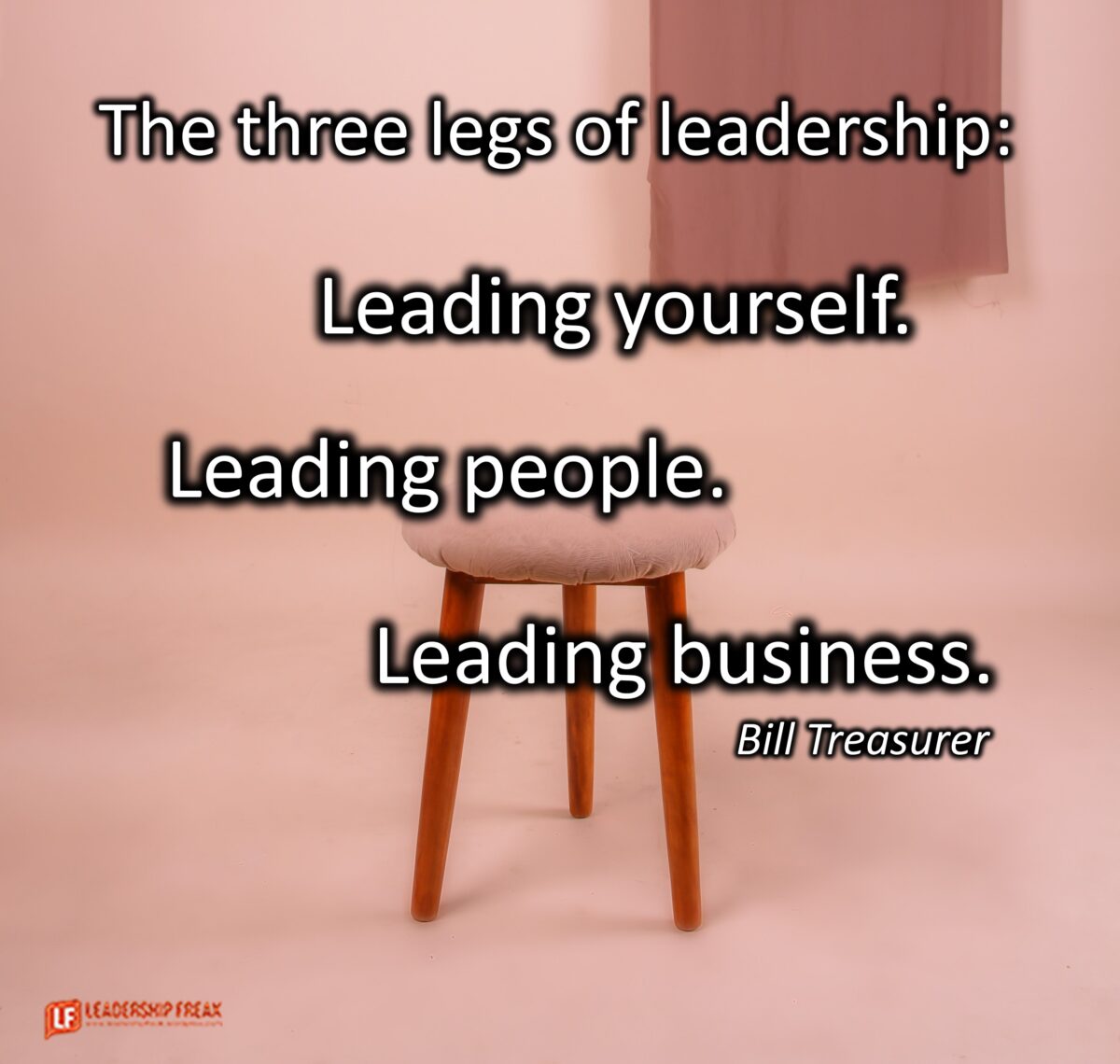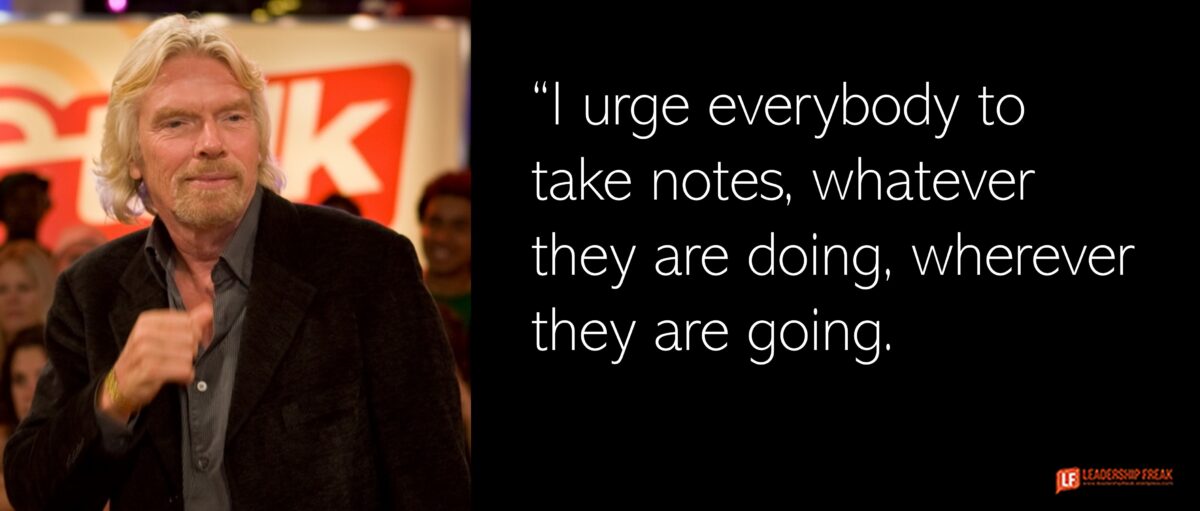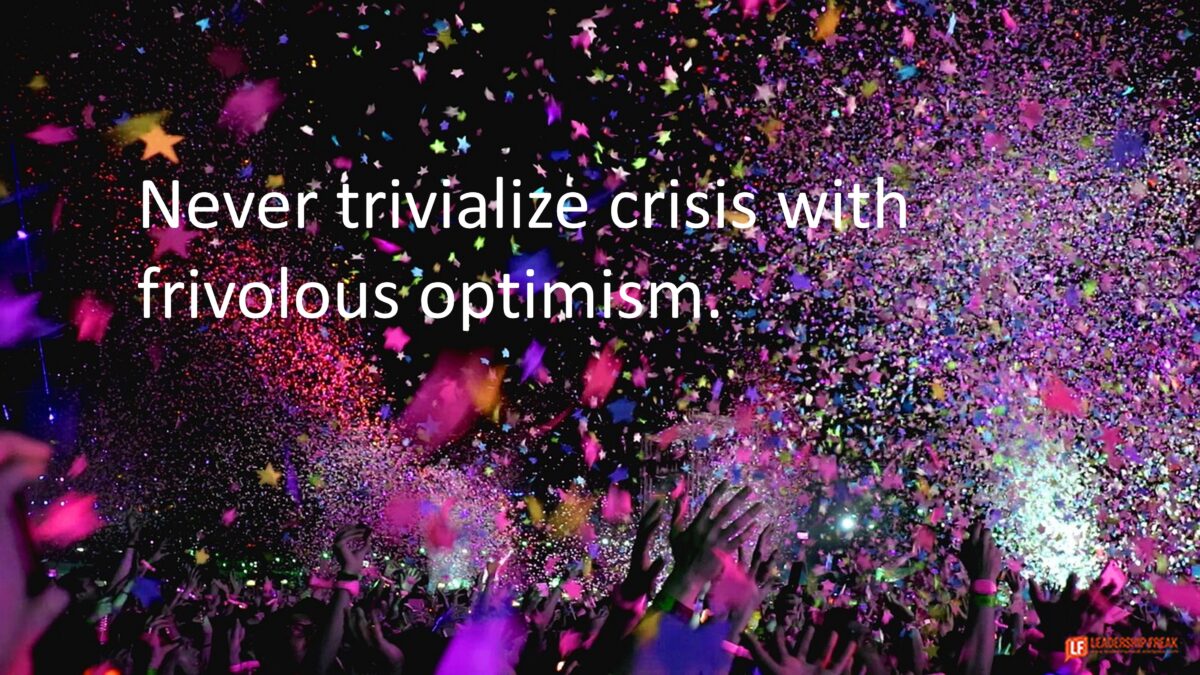How to Defeat the Dark Side of Imagination
Imagination causes anxiety.
I was afraid of the dark when I was a kid. Monsters lurked in the closet. I still imagine monsters where none exist. A headache is a brain tumor. Indigestion is food poisoning. A strange noise means the car’s engine is shot.
Imagined enemies are harder to kill than real.
Imagined monsters are like body odor. They go where you go.
Imagine the worst:
I imagine the worst. Maybe you do too.
The boss says, “Can you hang back after the meeting?” Your heart races.
When new ideas are suggested, imagined monsters fill your mind.
You imagine obstacles based on past experiences. When your boss typically plays it safe, you anticipate resistance to new proposals.
Imagine success:
Reflecting on the future is an act of imagination.
Imagination is where success begins.
If you can’t imagine it, you can’t achieve it.
It’s silly to think imagined success is real success. It’s foolish to think fantasy trumps grit. But imagination is a necessary beginning.
5 ways to defeat the dark side of imagination:
The person who imagines success is more likely to succeed than the person who imagines failure.
Winners imagine success and act. Losers imagine failure and stay the same.
#1. Don’t dismiss negative imagination.
A person who doesn’t imagine obstacles and challenges is unprepared.
Imagined monsters are useful when they inform action and destructive when they prevent action.
#2. Dedicate time to imagine success.
- Imagine positive results.
- Visualize the process of winning.
#3. Be a cheerleader. Get a cheerleader.
The people around you either strengthen your heart or weaken your knees.
#4. Ask, “What if we do nothing?”
Consider the consequences of staying the same.
#5. Imagine something you might try.
When can’t-do fills your mind, imagine a small thing you can do. Action answers anxiety.
How can leaders address the dark side of imagination?
4 Tips to Answer Anxiety – Leadership Freak
How Compassion Answers Anxiety – Leadership Freak
Sir Ken Robinson – The Power Of Imagination
Like this:
Like Loading…
































